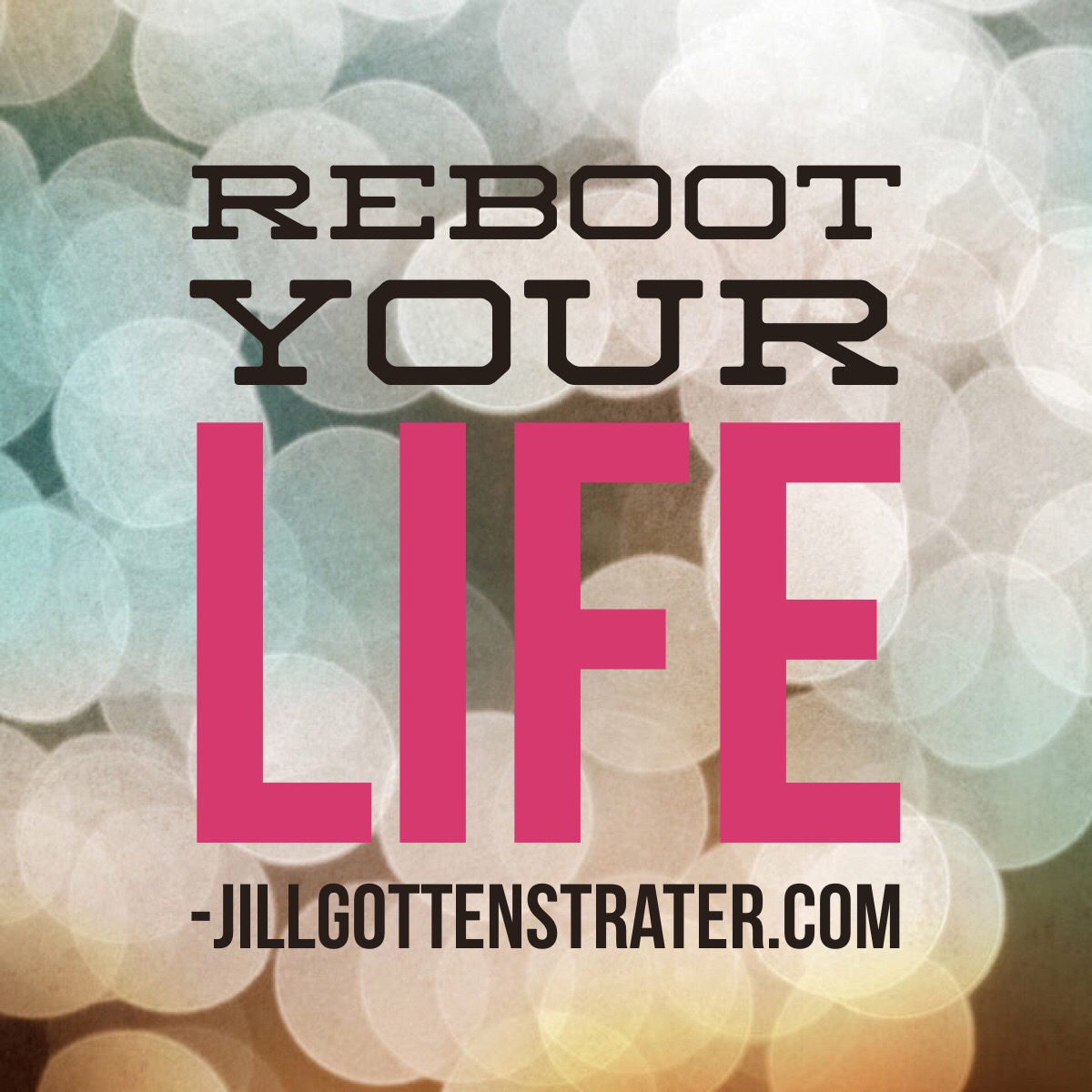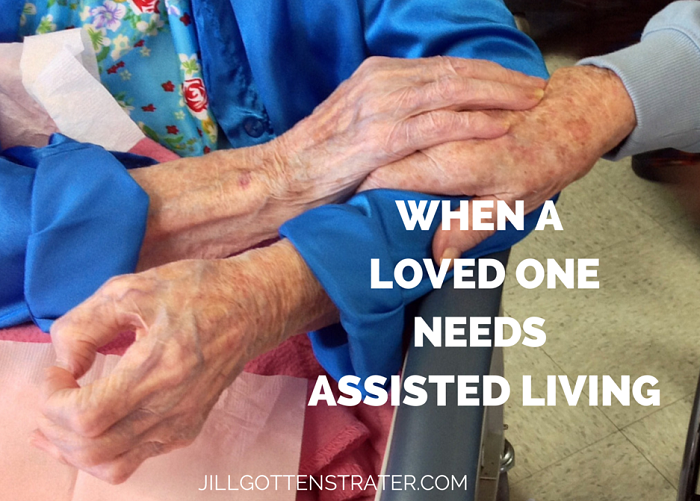Why We Procrastinate and How to Stop!
“If it weren’t for the last minute, nothing would get done.” ― Rita Mae Brown
Who can relate with Miss Rita Mae? My arm is raised up high as I write this!
I have a natural inclination to procrastinate, especially when it comes to non-work related things. As a matter of fact, most Friday nights I am up until the wee hours finishing my Saturday blog post.
Sometimes, I think my best work is done under pressure! Other times–not so much. Let’s face it, procrastination can be painful; it can cause major undue stress.
I once heard someone say that procrastination is like a credit card, it’s a lot of fun until you get the bill.
So, why do we procrastinate? Following are six causes of procrastination and some helpful “fixes” for each one.
• Fear.
Fear rears its ugly head so often with procrastinators. These fears are mainly based on two factors:
1. Fear of failure. This can be a tough one to overcome. Our egos get in the way and that voice in our head telling us we are unworthy often speaks louder than the truth.
2. Fear of success. This seems odd, doesn’t it? Who doesn’t want success in their life? Success can actually be quite scary. Just think about the amount of work that could come with your new-found success. How about the new expectations, from yourself and others, that may come along with success?
In either case, fears, founded or not, are powerful and hard to overcome.
The Fix: Put your fears in perspective. Ask yourself, is there a history that substantiates my fear? What is the worst case scenario? Oftentimes, working through these questions will ease your fears. Another thing to do, especially if ‘fear of success’ is stopping you from moving forward, is to create a plan of action for your success. Seriously — without getting too crazy — think about a few scenarios that might come up if your potential success were to come to light, and create a general plan for how you would handle each scenario. Creating this plan will help organize your thoughts and get you motivated! A good plan will have fear shaking in its boots!
• Too Many Distractions.
I am the queen of having 10 internet tabs open at once, 10 emails in process, and 10 apps going at the same time. This can prove to be very distracting. There is a time and a place for multi-tasking, and when you need to really focus, clearing out distractions will not only help to get things done quicker, but the final product will usually be better.
The Fix: Focus on one thing at a time. When I work on my blog posts, I work in a Word document and only visit the internet for research. I don’t allow myself to check Facebook, Twitter, or my email. I even turn off the ringers on my phone. I also close out my email or, at least mute the sound notifications. I don’t know about you, but when I hear that alert announcing a new email, it’s hard to not take a “quick peek”.
• Too much on Your Plate.
Sometimes our schedules can become so packed that we become overwhelmed with even the simplest tasks. People don’t do their best work when frazzled, overworked, or spread too thin.
The Fix: Take a look at your calendar. What can you cut? If I hear you saying you can’t cut one thing, think again. One woman I know decided that with kids, her job, and volunteer activities she needed to cut something out so that her family could have clean clothes and she could get the things done she needed to. That’s right! She decided to pay someone to come in once or twice a week for a few hours to do the laundry. It may sound like something only the rich can afford. Not true. She had to cut back on eating out a bit, but that was worth the benefit of having clean and folded laundry. Figure out the highest and best use of your time and make some changes in your life today.
• Lack of Prioritization.
Some things are more important than others. Some things are more fun to do than others. When you don’t have an order of priority, the general tendency will be to do the easier things first. Easiest does NOT equal top priority!
The Fix: Make a list of “to-do” items you need to get done. I like to draw a square check box next to each item on my list. Placing that check mark in the box upon completion is very fulfilling. Yes, I will admit, I’ve even been known to complete a task that wasn’t on my list and add it to the list just so I could check it off.
• Lack of Motivation.
There are some things in life that we must do regardless of whether we like doing them or not. Everyone has that one thing that they dread. I have two: cleaning the bathroom and having the oil changed in my car!
The Fix: Remember how you just made your grand “to-do” list and prioritized each task? Consider placing the things you don’t want to do higher in your priority list. Of course, don’t sacrifice important deadlines for other tasks. It’s your list, so no one is going to kill you if you ignore the dreadful tasks, but wouldn’t you rather just get them done and move on? Hold yourself accountable. Remember saying to your friends in school, “I swear to God on the Holy Bible”? Try similar statements to yourself when you’re trying to get stuff done. I use it sparingly, but boy does it hold me accountable!
• Just Plain Lazy.
You know what I’m talking about. You’ve been there. It’s Saturday morning and all you want to do is stay in your jammies, drink coffee, and do crossword puzzles. I know, I’ve been there too. Sometimes we need this type of downtime and there is nothing wrong with that, but if this is something that seems to be an overriding theme in your life, you may want to consider some alternative Saturday options.
The Fix: If you know you have these tendencies, you may want to make accommodations for downtime in your checklist, so that you get some “lazy” time in your schedule. There’s nothing like lazy-time after you’ve checked a bunch off your “to-do” list!
I hope the suggestions above will help you get moving in the right direction.
Where do you struggle with procrastination? What tips work for you to help stop procrastination? Share your comments below.
P.S. I had to get this post done early so I could go camping. Nothing like a little incentive to get ya movin’!




